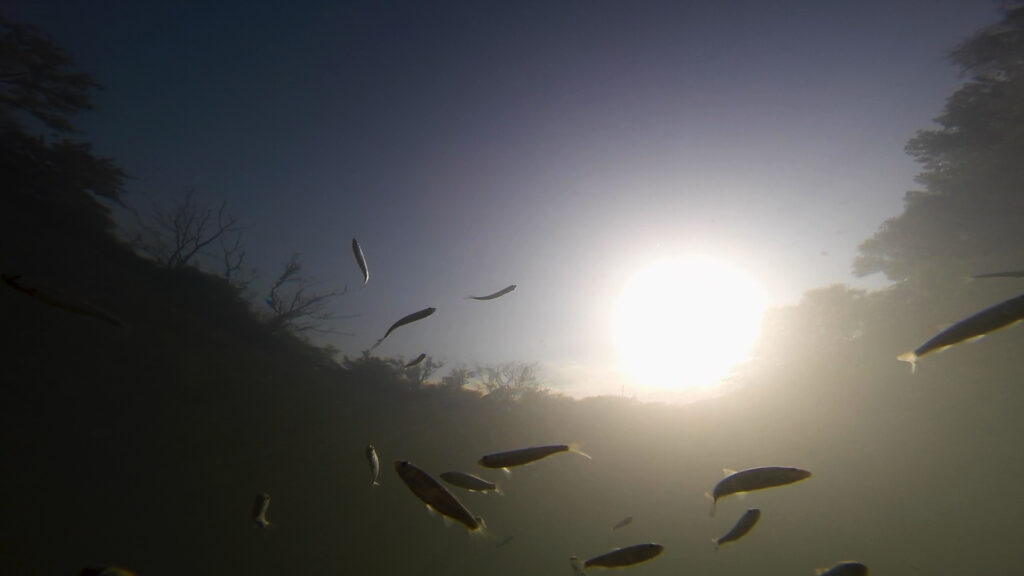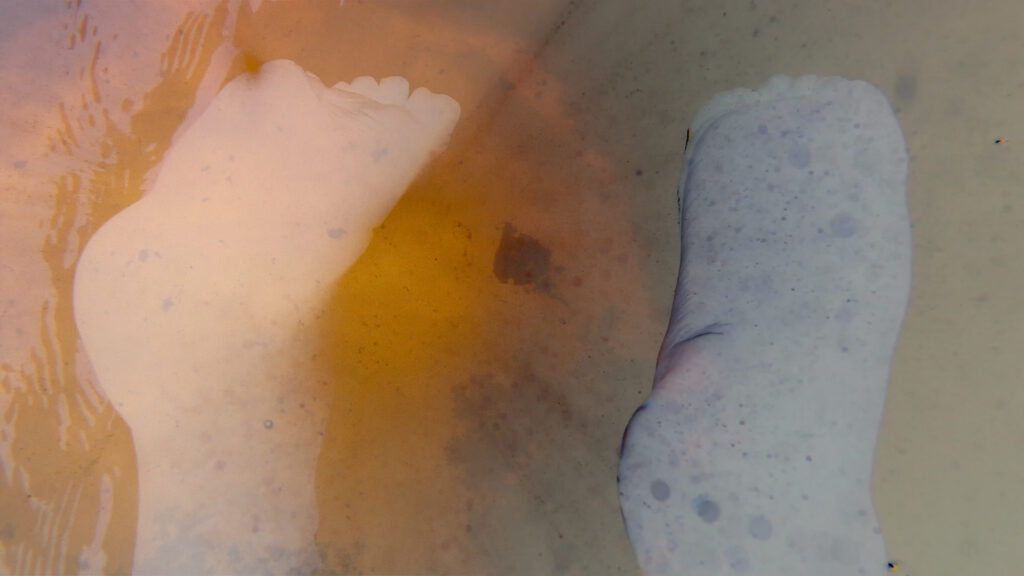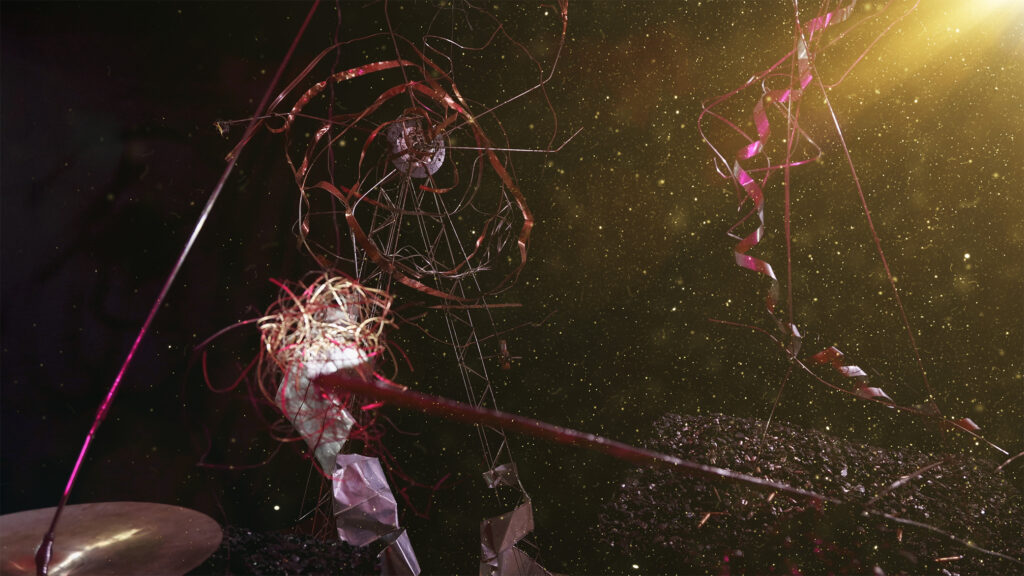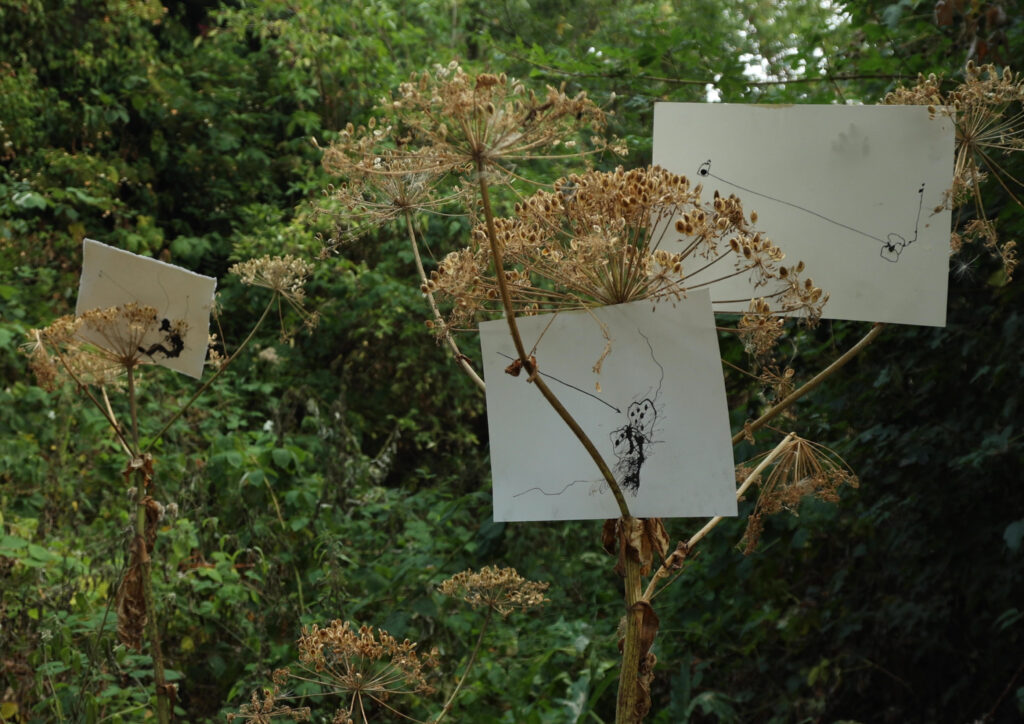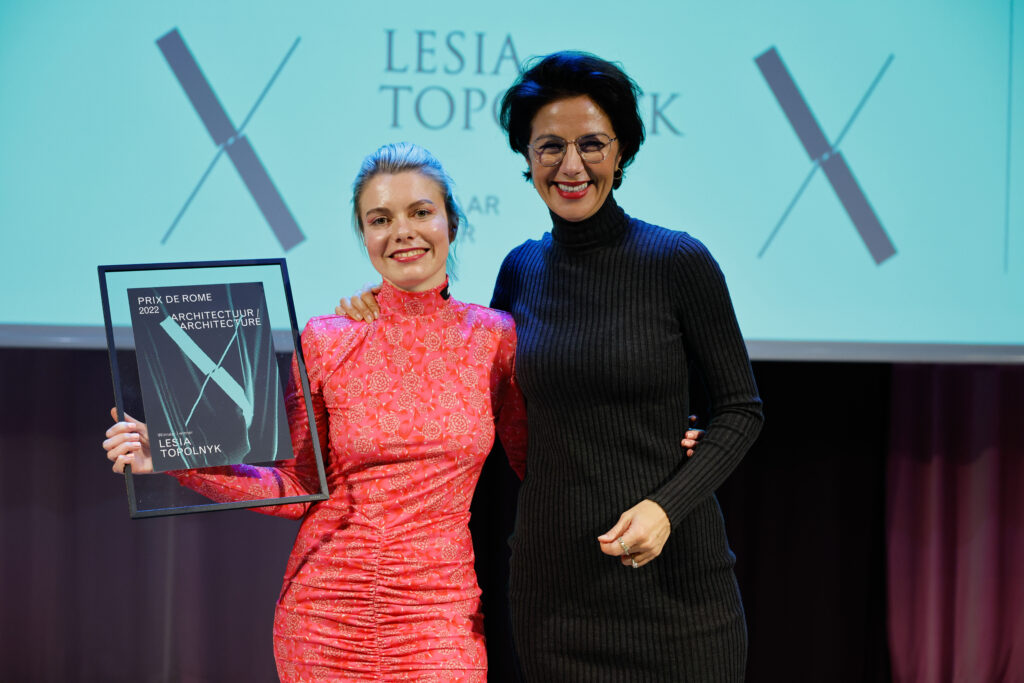duration: 19 minutes
concept & script: Lesia Topolnyk
direction: Lesia Topolnyk & Dorothée Meddens
direction of photography: Lesia Topolnyk & Dorothée Meddens
camera & editing: Dorothée Meddens
voiceovers: Alec Page & Lesia Topolnyk
soundscapes: Kenny Dean Kneefel
soundmix: Frank Weyzig
produced with the support of Mondriaan Fund and Creative Industries Fund
Stills from the film ‘No Innocent Landscape’: The film unravels the story of traumas and issues on different scales and beyond humans, from the MH17 victims loss of human life extending to environmental degradation. It presents a personal struggle navigating through a mixed-up world of perpetual instability parallel to larger global issues, from the dream of an individual up to our world order.
